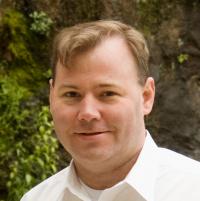
The nuclear industry has a long history of avoiding the topic of effectively controlling costs when designing structures, systems and components and when devising operational concepts. This history is rooted in a variety of assumptions, in a long period of bad habits learned as a national security related endeavor, and in a habitual defensive mode with regard to public relations.
The topic is too important to be left in the shadows. Cost control should not be a subject that is whispered about by new entrants into the field only to be shushed by more experienced professionals as a topic that cannot be seriously discussed. Regulators must be reminded that their job is to protect public health and safety -- not from radiation, but with the help of radiation and nuclear energy. The industry leaders need to explain that cost control does not mean cutting corners on safety or security; in fact, a proper emphasis on cost effectiveness can enhance both safety and security.
Rod Adams graduated from the US Naval Academy in 1981 with a BS in English. He was accepted into the nuclear power community by Admiral Rickover. He served on USS Stonewall Jackson as a junior officer in a variety of billets and then as the Engineer Officer of the USS Von Steuben. After 12 years of naval service he resigned his active duty commission, entered the Naval Reserves and founded Adams Atomic Engines, Inc. In 1999, after 6 years of entrepreneurial activity, he was recalled to active duty and served until his retirement as a Commander in 2010. During his second active duty period, he gained experience as a teacher, financial analyst, maintenance analyst, headquarters staff officer, and program manager. He is now the publisher of Atomic Insights and the host of the Atomic Show podcast.




